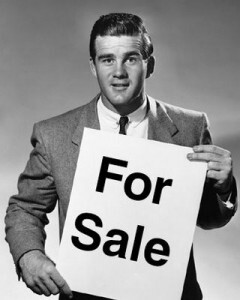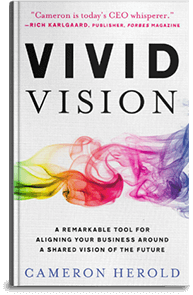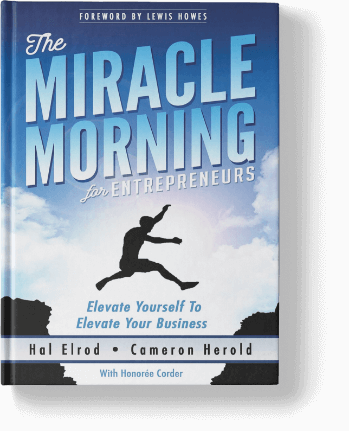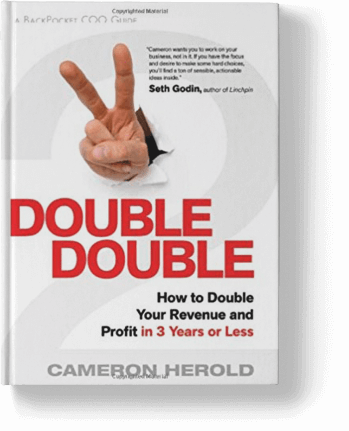Even down to the employee recruiting stage, your company’s Vivid Vision® helps ensure alignment.
That’s why you need to hire based on your Vivid Vision®, but how do you do that?
Also, if you don’t know what a Vivid Vision® is, check out this blog first!
Require a Pre-Interview Vivid Vision® Reading
Have all your potential employees read your Vivid Vision® before their first interview. This way they’ll know if the job/work culture will feel right to them. Ideally, doing this weeds out unqualified candidates.
One bad apple can spoil the whole bunch. You don’t want an employee that doesn’t want to make your Vivid Vision® a reality. Not only will that employee be a drain, but they’ll bring others down, too.
Ensure Everyone Gets a Copy of Your Vivid Vision®
To make sure that everyone does read your Vivid Vision® before their first interview, set up an email auto-reply so that all candidates who send their resumes to your company via email instantly get a response.
This response should say something like, “Thank you for applying to work for us. Please read the attached Vivid Vision® that describes what our company looks and feels like three years out. If this sounds like the kind of company you’d like to help build, send us an email with the words, ‘please interview me’ in the subject line.”
It’s a great system that saves everyone a lot of time by not interviewing candidates that don’t like what the future has in store for them. It also shines a spotlight on candidates who are paying attention and take the time to send a reply back following your directions. Plus, in the interview, you’ll know if they’ve read your Vivid Vision®. The ones who have will stand out!
Come Back to the Vivid Vision® Frequently
It’s important that, even after hiring, you have all of your employees and suppliers re-read your Vivid Vision® every quarter. When every employee reads it, the process of alignment starts taking place.
Every quarter, have each person read the Vivid Vision® quietly and circle keywords or sentences that resonate with them. Then go around the room and have each person read out the areas they like. This provides alignment for the whole team before the brainstorming process takes place. It can also assist in planning and prioritizing future projects.
“It is very important that you share your Vivid Vision with your employees. When your employees know exactly what is envisioned for the company in the next three years, especially all the minor details, they know that their work will have an impact.” – COO Alliance
Your Vivid Vision® should be in use in all aspects of the job, from hiring to being an employee. Everyone involved with your company needs to be familiar with it. If a potential candidate doesn’t bother to get to know it, then their interview isn’t worth your time!
Do you use a Vivid Vision® or something like it when hiring new employees? Let us know in the comments below!
If you have questions or would like more information, I’d be happy to help. Please send an email, and my team will get in touch with you!
Editor’s Note: This post was originally published in June 2012 and has been edited for accuracy and comprehensiveness.

 One of the most important lessons I’ve learned from interviewing is that everyone lies, or they at least exaggerate a little bit.
One of the most important lessons I’ve learned from interviewing is that everyone lies, or they at least exaggerate a little bit. OK – My Feb 16th blog post
OK – My Feb 16th blog post  So, you want to be an expert recruiter ? You want to get strong at interviewing ?
So, you want to be an expert recruiter ? You want to get strong at interviewing ? The following interview questions are from a survey I found years ago and also include a bunch of my favorites.
The following interview questions are from a survey I found years ago and also include a bunch of my favorites. When interviewing job candidates, use what I call ‘The Reverse Sell.’
When interviewing job candidates, use what I call ‘The Reverse Sell.’













